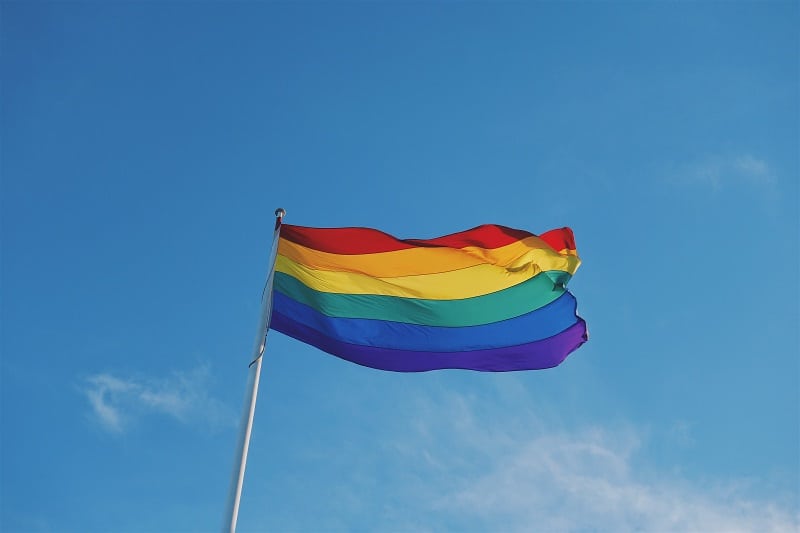The Bringing Our Whole Selves to Work report has been published to coincide with the Pride march in London, which challenges prejudice and fights for equality, while celebrating the LGBT+ community.
Homophobic banter
In June, the IA spoke to a group of LGBT+ and allies – people who support equal rights and challenge homophobia and transphobia – about their experiences in the industry.
Most felt they worked in supportive companies, but stated there were still areas where the industry could improve. The report highlighted an additional survey in May, conducted by industry network LGBT Great, whereby four in 10 of the people surveyed said they had heard or experienced homophobic or transphobic “banter” in the investment management industry.
Participants in the IA survey also said inclusivity can vary across the business, with some divisions or teams more supportive, while others were more prone to “locker room talk”.
According to a Stonewall survey of LGBT+ workers in the asset management industry, 15% felt they were not able to be themselves in the workplace.
Take an LGBT+ stand
The report highlighted that 73 countries around the world still have laws criminalising homosexuality.
“It’s easy for a FTSE 100 company to sponsor Pride in London but braver to sponsor Pride Budapest,” it stated.
“Even an employee in the UK cannot make international trips on behalf of their employer to these countries without needing to hide their sexuality.”
In saying that, it is only three years since the UK voted to legalise same-sex marriage, while homosexuality was partially decriminalised 50 years ago.
Within the UK, the report stated while sponsorship of a pride march outside the largest cities may be less high profile, the impact of supporting them may be greater in the local community, including employees.
For smaller firms with less LGBT+ employees the report recommended asset managers connect with other companies to build larger networks.
One size does not fit all
The report also highlights intersectionality, noting the LGBT+ experience is not universal and can also be impacted by gender and race.
For example, lesbian and bisexual women interviewed said many LGBT+ networks were dominated by men, while women’s networks focused on issues less relevant to LGBT+ communities. Likewise, the report said employees who are black and minority ethnic will have different experiences of the workplace.
It noted an LGBT+ initiative largely populated by white gay men could inadvertently reinforce discrimination in issues of gender or race.
Likewise, the report warned against basing perceptions of LGBT+ inclusion on the experiences of one individual in the workplace, who is most outspoken in the area or seems the most at ease with themselves.










